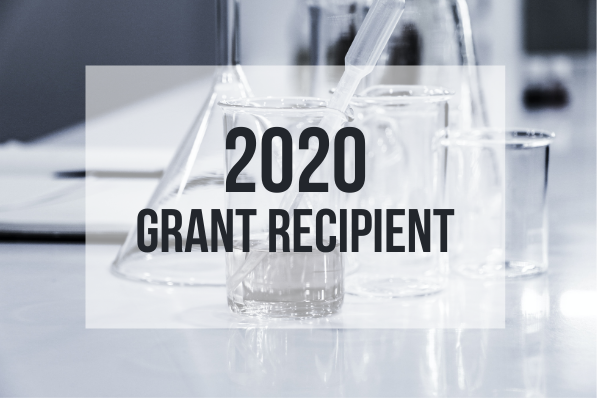
Dr Matthew Charles Lee Phillips
Abstract
Gliomas are tumours that originate from glial cells in the central nervous system. The most common histological subtype is glioblastoma multiforme (GBM), which accounts for nearly 50% of all malignant brain tumours.1 Despite aggressive multimodal treatment, the median survival for GBM is poor (8-15 months).2
Although cancer is regarded as a genetic disease, it may be perceived as a metabolic disorder.3 The majority of human cancers, including GBM, display low numbers of mitochondria, most of which are structurally damaged, resulting in defective cell respiration.4 To compensate, cancer cells greatly increase their uptake of glucose, which is fermented (regardless of oxygen concentration, a process known as the Warburg Effect) to generate energy. Cancer cells also rely on increased growth signaling pathways involving insulin, insulin-like growth factor-1, and mammalian target of rapamycin to support their unbridled growth and proliferation. Cancer cells may therefore be vulnerable to interventions that selectively target their abnormal metabolism.
Metabolic interventions, such as fasting and ketogenic diets, target cancer cell metabolism and may be effective alongside standard treatments in advanced cancers.5 Fasting is a voluntary abstinence from food and drink for a controlled period of time (typically, 12 hours to 3 weeks in humans), whereas ketogenic diets are high-fat, adequate-protein, low-carbohydrate diets that stimulate the body to create a fasting-like metabolic state.6 Fasting and ketogenic diets stimulate mitochondria biogenesis, decrease blood glucose, increase liver production of fat-derived ketones (which serve as a major alternative energy source for most normal cells within the body, but cannot be utilized by cancer cells), and decrease growth factor availability. Thus, fasting and ketogenic diets provide an advantage for normal cells but a disadvantage to cancer cells by enhancing mitochondria biogenesis and function, depriving cancer cells of their major fuel, and creating a cell environment unfavourable for unbridled growth and proliferation.
Recent, preliminary research conducted at Waikato Hospital has shown that a metabolic therapy program (MTP) consisting of fasting and/or a ketogenic diet is feasible, safe, and may be effective in patients with advanced cancer, including GBM. In a world-first case report, a metabolic strategy (7-day fast every 1-2 months, with a ketogenic diet between fasts) resulted in the near-complete regression of a stage IVA metastatic thymoma after 2 years.7 Moreover, a recently completed pilot study involving 16 patients with GBM on a ketogenic diet (no fasting) suggested a modest (3-month) survival advantage compared to data from published randomized controlled trials (data not yet published). Furthermore, we are currently observing 8 patients with GBM who are undergoing a pilot MTP (5-7 day fast every month, with a ketogenic diet between fasts) similar to the one that will be used for this trial; after a mean of 4 months, all 8 patients have successfully completed all of the fasts and have adhered to the ketogenic diet, experiencing only mild adverse effects.
On this background, we aim to determine whether an MTP during chemoradiation followed by adjuvant chemotherapy is feasible, safe, and improves treatment outcomes in 20 patients with GBM.
Outcome Statement
If the MTP was shown to be feasible and safe in patients undergoing standard treatment for GBM, this would provide a self-empowering and cost-effective therapeutic strategy that may be useful alongside standard treatments. Subsequent trials could be performed to further assess the potential therapeutic benefits in GBM. If successful in a cancer such as GBM, the MTP might be of benefit to a broad range of advanced cancers arising from other tissues, the majority of which share the same alterations in metabolism.
Would you like to support the work of the Foundation?
Contact us for more information, or simply make a donation.


